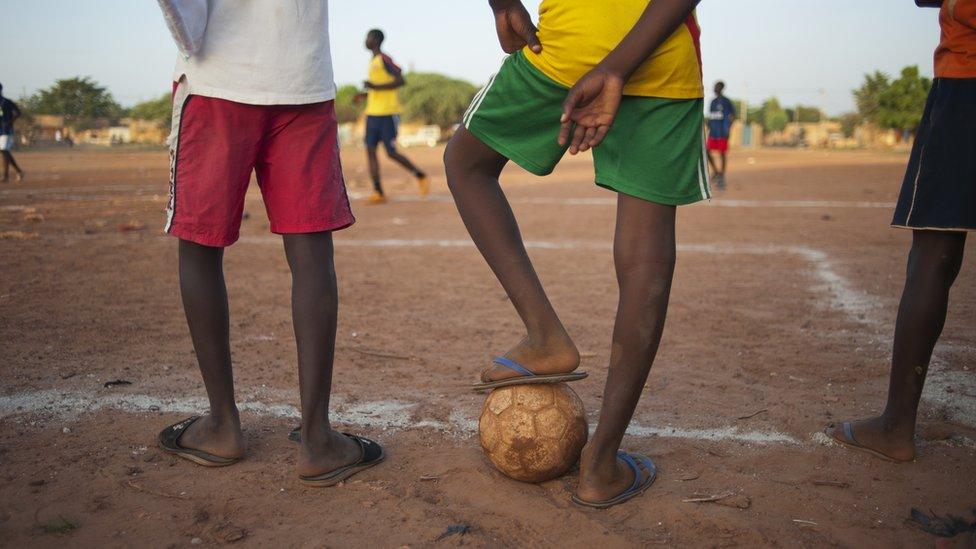Covid pandemic may increase people trafficking says charity
- Published
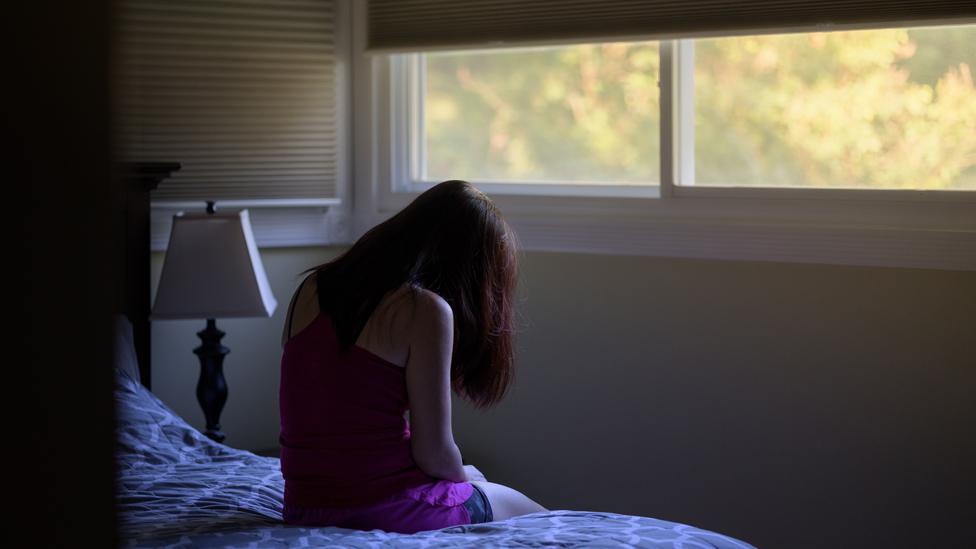
The effects of the coronavirus pandemic could lead to a rise in people trafficking, the Salvation Army fears.
In its new report, external - released on Anti Slavery Day 2021 - it also says the number of people rescued from modern slavery after being forced into crime rose by 62% in the last 12 months.
The rise saw 90 more beds open in safe houses in the first six months of 2021.
One woman in a safe house told the BBC's Woman's Hour she was rescued with the help of a bus driver.
Kathy Betteridge, director of anti-trafficking and modern slavery for The Salvation Army, said: "The perpetrators often target the most vulnerable in our society: those in poverty, people who are homeless, those with mental health problems and those with addictions.
"And we fear that the economic fallout from the pandemic will put even more people at risk of falling prey to modern slavery."
She added that despite the number rescued this year, "many more" are "still trapped in slavery, unable to escape".
The charity manages the government's specialist support service for survivors of modern slavery. It runs a referral line for those needing somewhere to stay immediately having escaped from where they were being held.
Human trafficking is just one type of modern slavery - women and are smuggled in against their will and they are held in appalling accommodation, with no little or no pay. They often work in plain sight at beauty salons and restaurants, as housekeepers or in domestic service, in agriculture or on cannabis farms.

The woman saved with the help of a bus driver
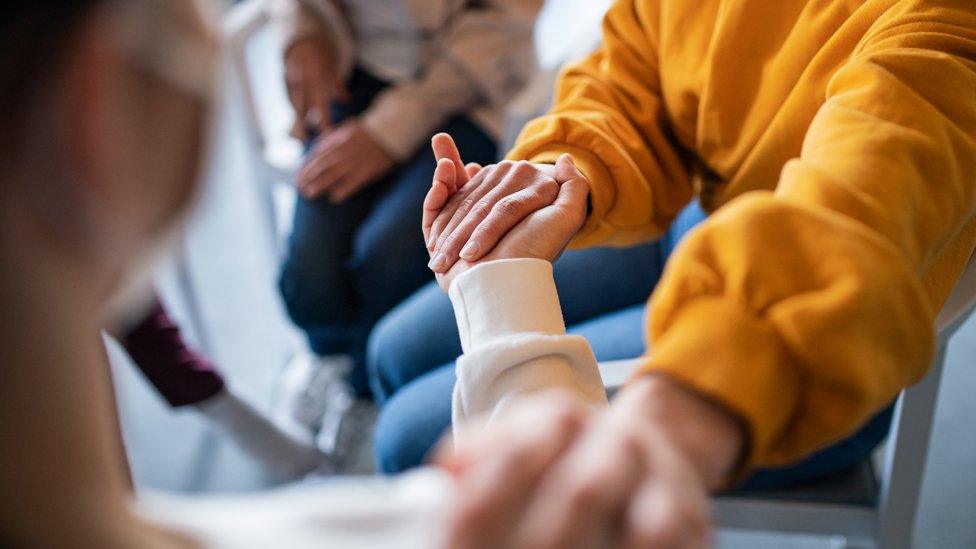
Sara*, who is in her 20s, was studying English and Russian at university when she met a man who later trafficked her to the UK.
"I tried to love someone," she told BBC Radio 4's Woman's Hour. "I trusted someone and it came to a point that I decided to follow him and to build our life together. But then things went completely wrong. I trusted the wrong person. I believed in the wrong person and that person exploited me."
The man took her to his home country for a short visit, before they travelled to another country - where she was raped by his friends.
"It was very traumatic for me," she said of her ordeal, during the pandemic. "I will never forget what I've been through, but I really wish that I never experienced, and no one in the world will experience, what I've been through."
From there, she said she was forced at gunpoint to go in a lorry to the UK, where she was locked in a room, with the windows covered with bars.
But thanks to her knowledge of English, she managed to get away.
"I ran away and I saw a bus station," she said. "I didn't have any money, nothing."
She asked the bus driver if she could get on board.
"I said to him, 'can I please come? I don't have any money with me but I really need help'. He kindly said 'yeah, please go inside, relax, don't worry about it'.
"I was terrified at the moment, but happy that people were there."
Sara was driven 45 minutes away before being dropped off near a police station, and later picked up by the Salvation Army. She remains in a safe house and has been recognised as a victim of trafficking. The gang that trafficked her is still thought to be at large.
*Sara is not her real name

From July 2020 to June 2021, there were 2,662 people in England and Wales referred to the Salvation Army for help - rising from 2,251 the previous year. Of them, 470 had been made to commit crimes - including drug offences, begging and shoplifting.
The survivors - 61% of whom were men and 39% women - were of 96 different nationalities, with the largest number being Albanian, and the second highest British. There were also 202 Sudanese people, an 87% increase from the previous year - the Salvation Army said this was due to war, oppression and poverty in Sudan.
Many were brought over to the UK by the so-called boyfriend route, where someone falls in love and then are trafficked by their supposed partner. More than half of the women helped are victims of sexual exploitation.
In the 10 years since the Salvation Army has had a role in supporting survivors, it has seen a 595% increase in the numbers they have helped - with 2011 bringing 378 new cases, compared to the new figure of 2,662.
This was, said Major Betteridge, "despite the pandemic, which made it more difficult for people to be rescued and closed down many of the places, like car washes, where people are being exploited".
She urged people to help, saying: "We can all help fight modern slavery by raising the alarm if we are worried that something is wrong."
A Home Office spokesperson said: "Human trafficking has absolutely no place in our society and we are committed to stamping out this abhorrent crime whilst ensuring victims are protected and offenders prosecuted.
"The UK has led the world in protecting victims of modern slavery and through the Modern Slavery Victim Care Contract, delivered by the Salvation Army, we provide specialist support to help people rebuild their lives."
The Salvation Army's confidential referral advice line can be contacted, 24 hours a day, on 0800 808 3733.
You can listen to the full Woman's Hour report on BBC Sounds
Related topics
- Published30 November 2020
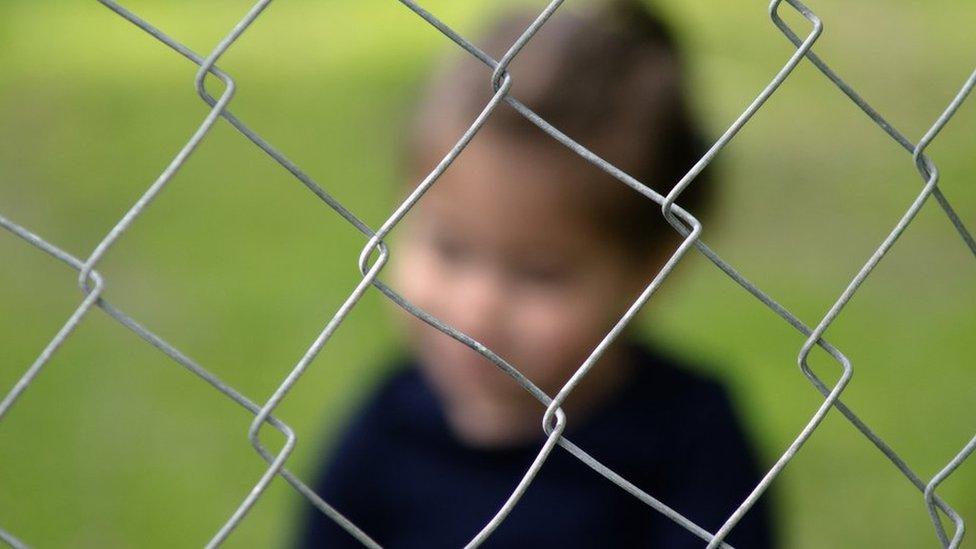
- Published26 October 2020
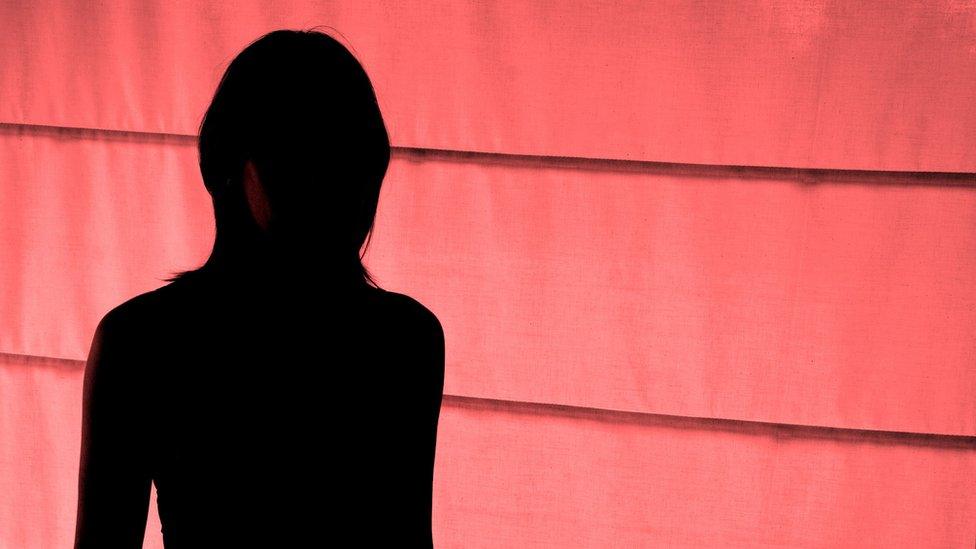
- Published13 June 2020
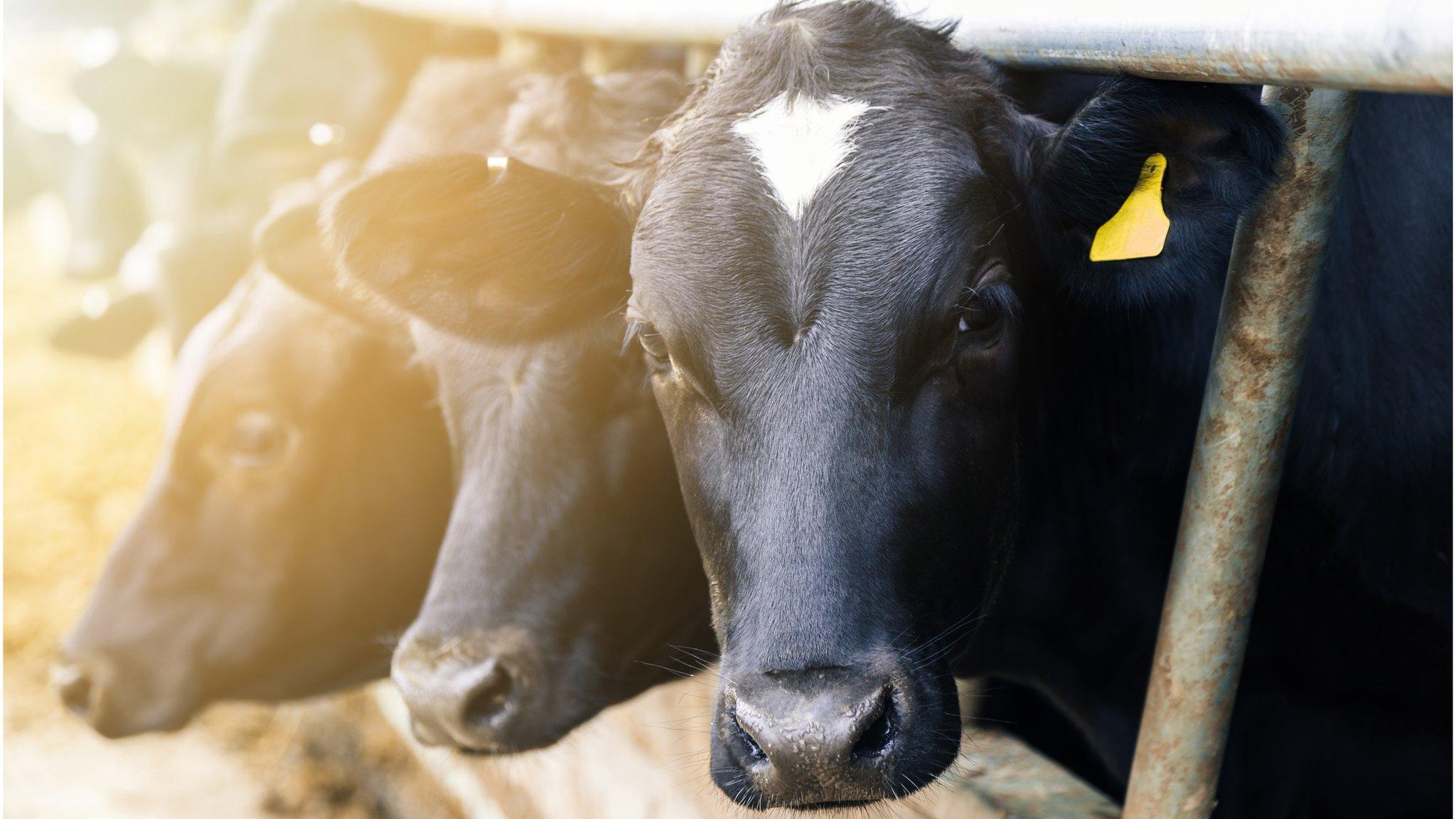
- Published22 January 2019
